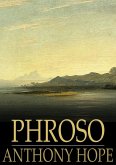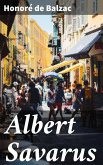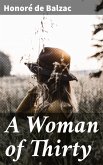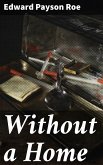In "Phroso," Anthony Hope weaves a gripping narrative that combines elements of adventure, romance, and political intrigue. Set against the backdrop of a fictional Balkan kingdom, the story follows the protagonist, a resourceful and charming hero, as he navigates treachery and moral dilemmas. Hope's literary style is characterized by sharp dialogue and vibrant characterizations, which craft a tale reminiscent of the popular adventure novels of the late 19th century. This work reflects the zeitgeist of its time, capturing the allure of exotic settings and the challenges of imperialism, engaging readers in a multifaceted exploration of bravery and love in tumultuous times. Anthony Hope, born in 1863, emerged as a prominent figure in English literature during the late Victorian era, largely known for his contributions to the adventure genre. His experiences with the theater and journalism imbued his writing with a lively dynamism and an inherent sense of pacing and dramatic tension. "Phroso" allows Hope to explore themes of identity and loyalty, drawing upon the socio-political climate of his era, which was marked by shifting national borders and the romanticism of foreign lands. Readers seeking an enthralling tale that deftly intertwines adventure with profound moral questions will find "Phroso" a captivating choice. Hope'Äôs intricate plot and well-developed characters invite exploration of both personal sacrifice and the complexities of human relationships against a backdrop of geopolitical turmoil. This novel stands as a testament to Hope's literary prowess and remains a compelling read for those interested in classic adventure narratives.
Dieser Download kann aus rechtlichen Gründen nur mit Rechnungsadresse in A, B, BG, CY, CZ, D, DK, EW, FIN, F, GR, H, IRL, I, LT, L, LR, M, NL, PL, P, R, S, SLO, SK ausgeliefert werden.









